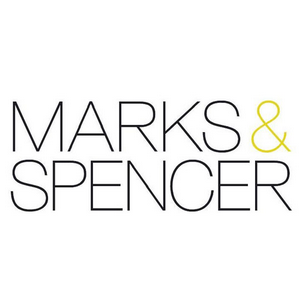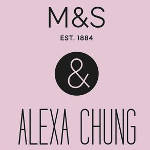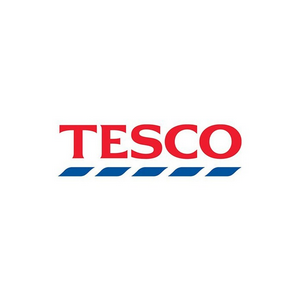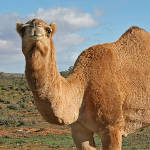
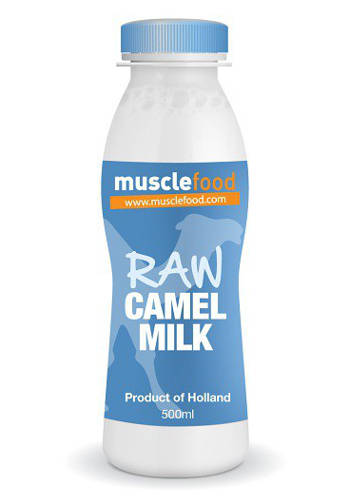 Camel milk, obviously, has been used for ages in Africa, Asia or Middle east. It's been used as a beverage of course but is is also considered as a medicine. Camel milk is the closest to human mother's milk and is more easily digested than cow's milk. It's also packed with nutritional values. Still compared to cow milk, it is three times as rich in vitamin C, ten times in iron, it's lower in lactose but contains more antibacterial and antiviral properties as well as an insulin like protein that helps people with diabetes. Some skin conditions (like eczema) may benefit from its soothing qualities and its level of unsaturated fatty acids is high (43%). Oh, and it's gluten-free.
Camel milk, obviously, has been used for ages in Africa, Asia or Middle east. It's been used as a beverage of course but is is also considered as a medicine. Camel milk is the closest to human mother's milk and is more easily digested than cow's milk. It's also packed with nutritional values. Still compared to cow milk, it is three times as rich in vitamin C, ten times in iron, it's lower in lactose but contains more antibacterial and antiviral properties as well as an insulin like protein that helps people with diabetes. Some skin conditions (like eczema) may benefit from its soothing qualities and its level of unsaturated fatty acids is high (43%). Oh, and it's gluten-free.
Raw camel milk is now available on MuscleFood.com, the online retailer claiming it's exclusive. The precious white drink is presented in 500ml bottles, each one costing £19. Hum. That's expensive but there's a good reason. This milk comes from a camel farm in the Netherlands and, as MuscleFood.com explains it, the independent Dutch farm only has 20 animals (there is 1 camel for 12,000 cow in Europe). A camel produces 5 litres of milk each day, only when they have a calf. This makes it the caviar of your breakfast. As for the taste and consistency, it's very similar to our good old cow's milk, just as fresh and creamy, but may be a little saltier.
*Photo: MuscleFood.com
News in the same category
In British culture, it is fair to say that M&S has long been regarded as the kind of food shop that you visit when you want to host or entertain in a slightly more upscale fashion than normal.
Style icon Alexa Chung has partnered with Marks & Spencer for a collection to be launched in April. It's called Archive by Alexa Chung. The name says it all.
Retail giants Tesco and Carrefour have announced a strategic alliance aimed at reducing costs and lowering prices to their customers.
Christmas is once again on its merry way and festive markets have started opening to visitors across Britain.

